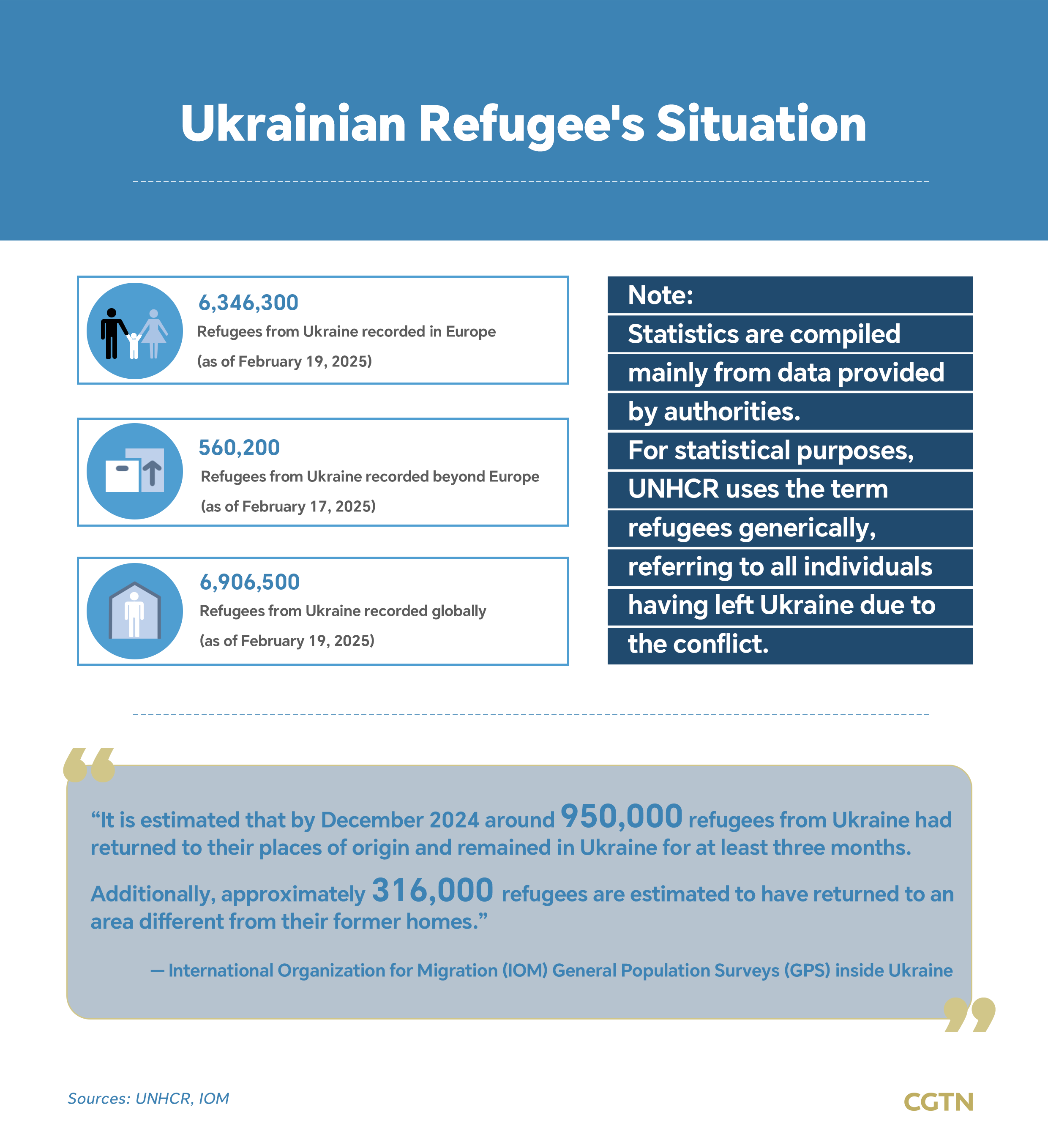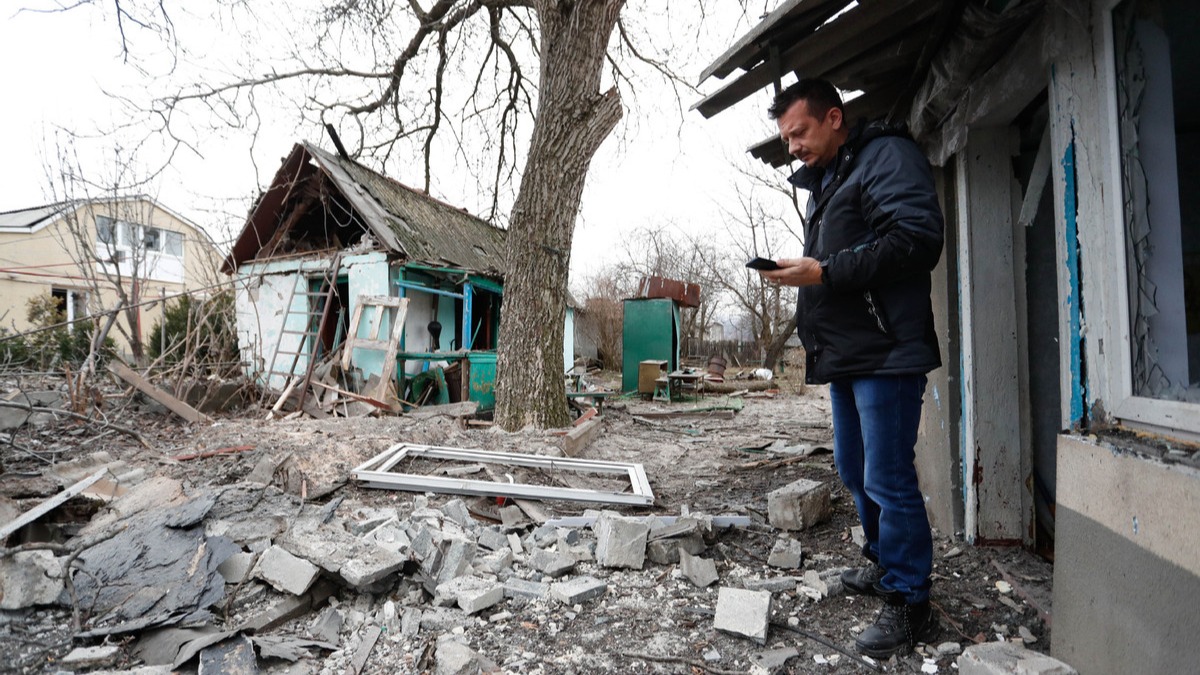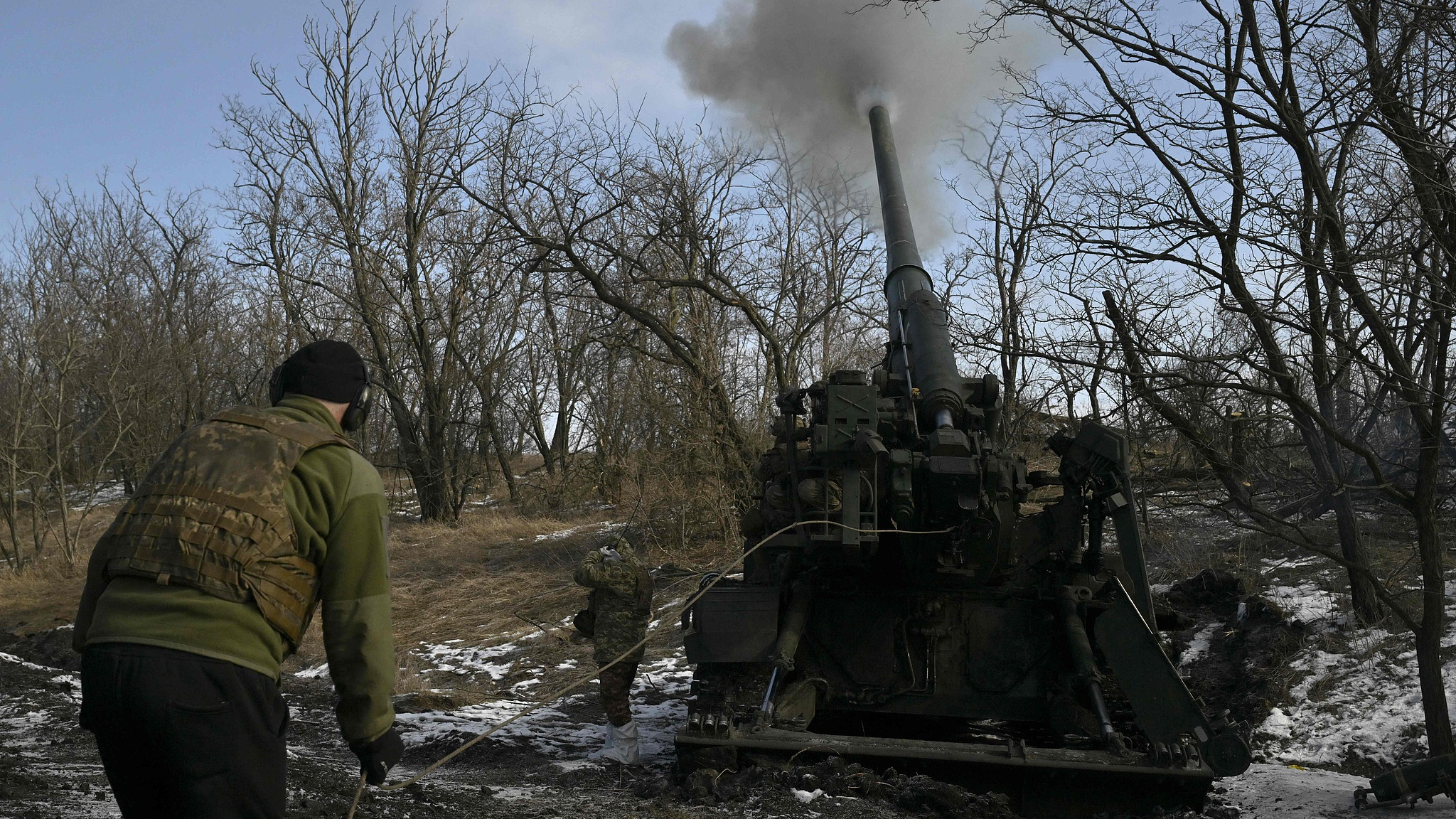
Since the Russia-Ukraine conflict erupted on February 24, 2022, it has resulted in hundreds of thousands of casualties and displaced millions. However, a potential shift in U.S. policy – from staunchly supporting Ukraine to prioritizing a swift end to the conflict, even at Ukraine's expense – has introduced the possibility of a different outcome.
On the ground, Russian forces have made significant territorial gains. Colonel General Sergei Rudsky, first deputy chief of the General Staff of the Russian Armed Forces, reported that approximately 75 percent of the Donetsk region, along with parts of Zaporizhia and Kherson, has been liberated from Ukrainian forces. In the Lugansk region, less than 1 percent remains under Ukrainian control.
In a recent escalation, Russia launched over 200 drones on Ukraine in a single overnight attack. Describing it as "the largest of the war," Ukrainian President Volodymyr Zelenskyy condemned the assault and urged unity among Ukraine's allies.
Meanwhile, Ukraine and its European partners have grown uneasy due to recent developments involving U.S. President Donald Trump. Tensions have risen over a controversial U.S.-Ukraine minerals deal, Trump's criticism of Zelenskyy – whom he labeled "a dictator without elections" – and U.S.-Russia peace talks in Riyadh conducted without Ukraine and the European Union's participation.
During a press conference on Sunday, Zelenskyy expressed a willingness to step down if it would secure peace. "If peace for Ukraine requires me to leave my post, I am ready," he said. However, the impact of such a proposal remains uncertain, given the conflict's far-reaching consequences, including disruptions to global energy and food supplies and its strain on European economies.
02:02

A possible ending in sight?
While Trump's administration is actively engaged in negotiations with both Russia and Ukraine, aiming to broker a deal to end the three-year conflict, experts are divided on the likelihood of success. Some see signs of a potential resolution, while others highlight significant obstacles.
Sun Taiyi, an associate professor of political science at Christopher Newport University in the U.S., noted that Zelenskyy, Trump, and Russian President Vladimir Putin all have strong incentives to end the conflict quickly.
"Zelenskyy recognizes that U.S. support is waning, and Europe is reluctant to fill the gap. Putin, despite his ability to prolong the war, may seize the opportunity to secure a favorable deal under Trump's presidency. Meanwhile, Trump faces pressure from his base to disentangle the U.S. from the conflict," Sun explained.
Sun added that Trump may aim to declare a diplomatic victory during his anticipated address to Congress on March 4. Meanwhile, Putin could seek to announce success ahead of the 80th anniversary of the Great Patriotic War in May. "These dates could serve as deadlines for their respective goals," Sun said.
However, he cautioned that reconciling the conflicting interests of the three parties will be challenging. "Each leader seeks to maximize their gains from any ceasefire. Ukraine wants security guarantees and a path to NATO membership, the U.S. is focused on accessing rare earth minerals and other resources, and Putin demands territorial concessions and assurances against further Western expansion," Sun said.

Fierce fighting continues in the Donetsk region, February 22, 2025. /VCG
Will their respective demands be met?
Cui Zheng, director of the Research Center for Russia, Eastern Europe, and Central Asian Countries at Liaoning University, emphasized that Russia has no illusions about the complexities of ending the conflict. "While a U.S.-brokered ceasefire is possible, Trump has yet to present a detailed peace plan. Russia, on the other hand, has clear objectives centered on long-term security."
Cui added that current U.S.-Russia negotiations are still in the preliminary stage of exchanging proposals, making a swift and straightforward ceasefire unlikely.
Chen Yu, deputy director of the Institute of Eurasian Studies at the China Institutes of Contemporary International Relations, said the biggest hurdle to peace is the significant divergence in the parties' positions, including whether Ukraine and the EU will accept the territorial status and Ukraine's non-membership in NATO, which were preliminarily reached in Riyadh talk, and whether Russia would reject Kyiv's demand for the deployment of European troops in Ukraine.
"Even if a truce is reached, future negotiations may face numerous challenges, and the peace process is unlikely to be resolved quickly," Chen said.
Meanwhile, European leaders are concerned about the implications of the U.S.-Russia negotiations. French President Emmanuel Macron convened a meeting with major European leaders before the Riyadh talks. European Commission President Ursula von der Leyen warned that a failed Ukraine would weaken both Europe and the United States.
Sun noted that European leaders fear a fragile ceasefire without robust guarantees could embolden future Russian aggression. "Unlike Trump's apparent focus on a quick resolution – potentially freezing current frontlines – Europeans seek a ceasefire with ironclad enforcement to deter Putin from reigniting hostilities," Sun explained.
As discussions over the minerals deal continue and the U.S. and Russia prepare for further talks, Sun observed that U.S. policy under Trump has become more transactional, prioritizing economic gains over the geopolitical and strategic objectives pursued by the Biden administration.
Zhao Huirong, a research fellow at the Chinese Academy of Social Sciences' Institute of Russian, Eastern European, and Central Asian Studies, emphasized that Trump's approach is driven by U.S. interests. "The Trump administration aims to shed the 'burden' of the Russia-Ukraine conflict as quickly as possible while maximizing benefits. By negotiating separately with Russia and Ukraine, Trump positions the U.S. as a dominant mediator," Zhao said.
In essence, while the U.S. appears to mediate the conflict, its actions reflect a political game centered on "America First," with the broader implications for peace still uncertain, Zhao said.
Read more: Prospects of the U.S.-Ukraine minerals deal: Will it be signed in near future?
阅读原文:https://news.cgtn.com/news/2025-02-24/Russia-Ukraine-conflict-three-years-on-Is-the-dawn-of-peace-in-sight--1BfNo6arcWY/p.html